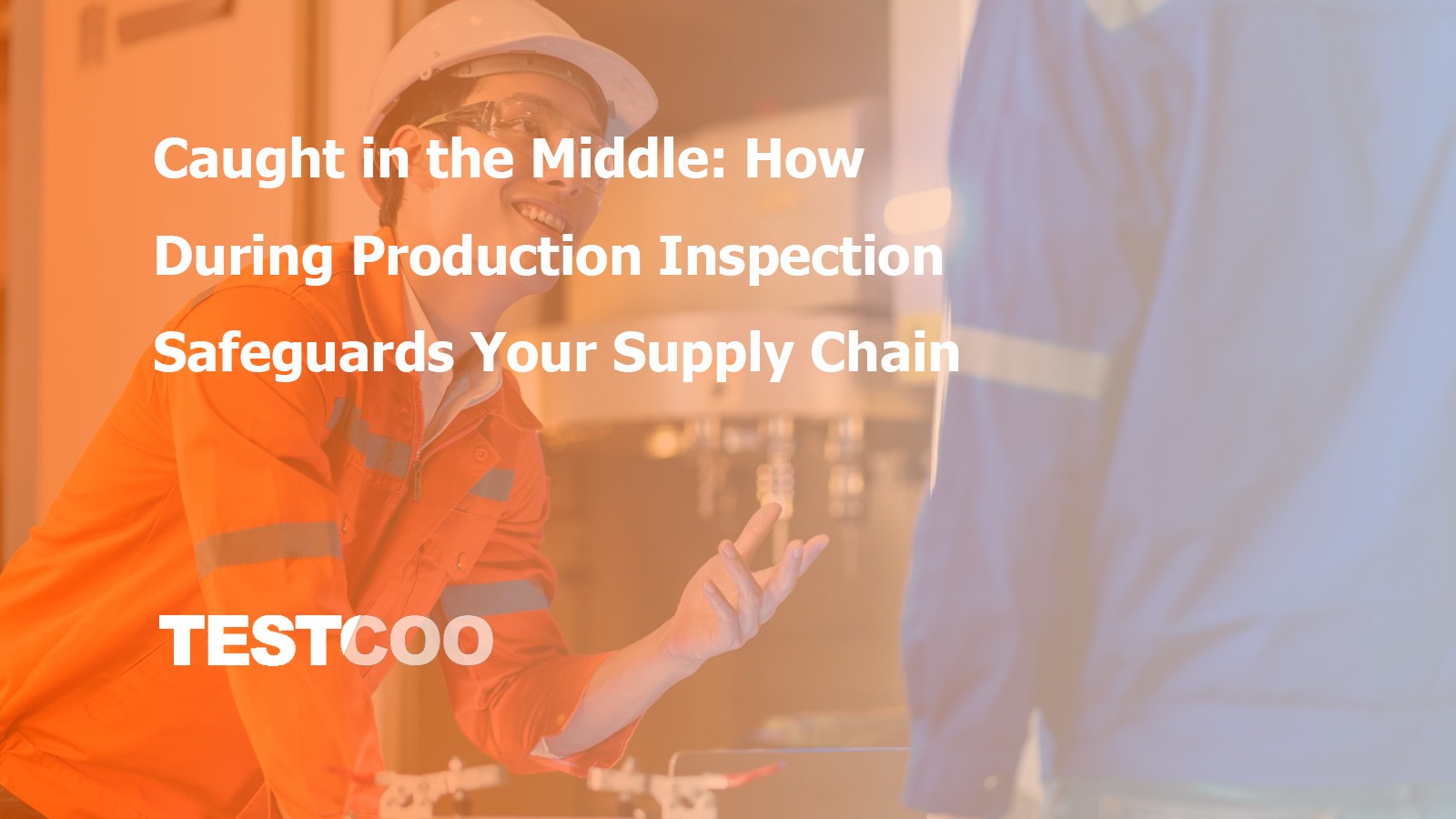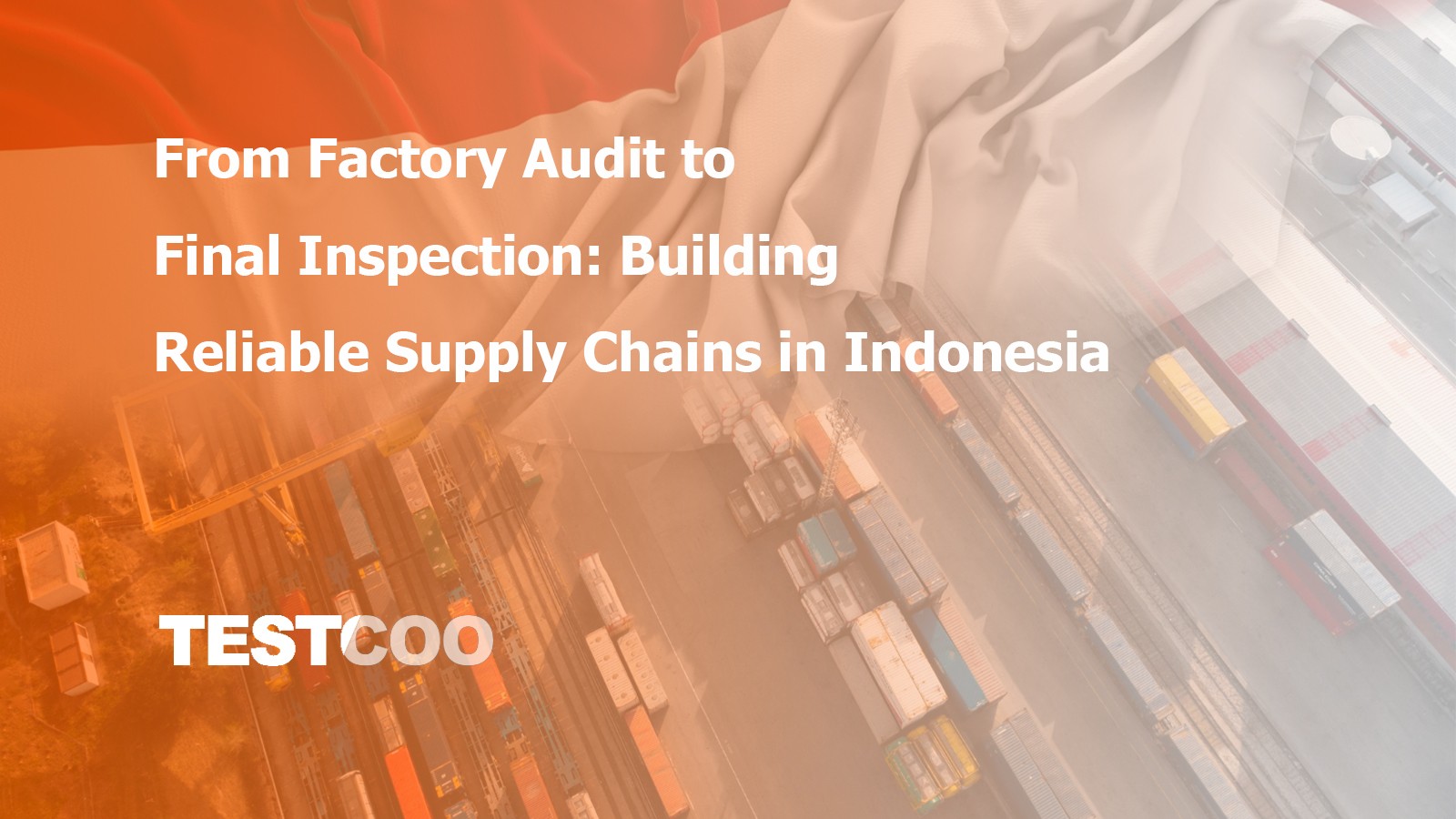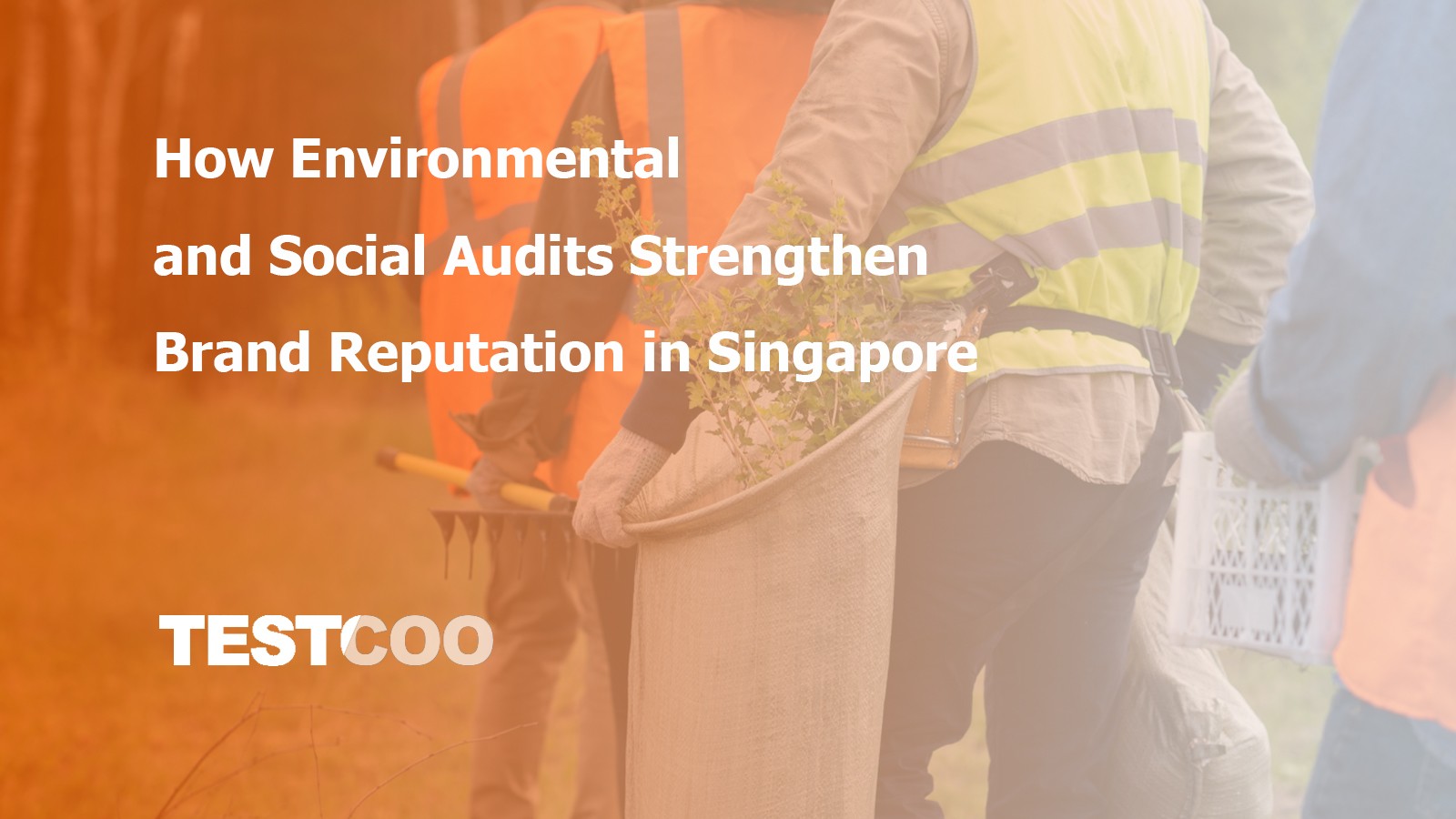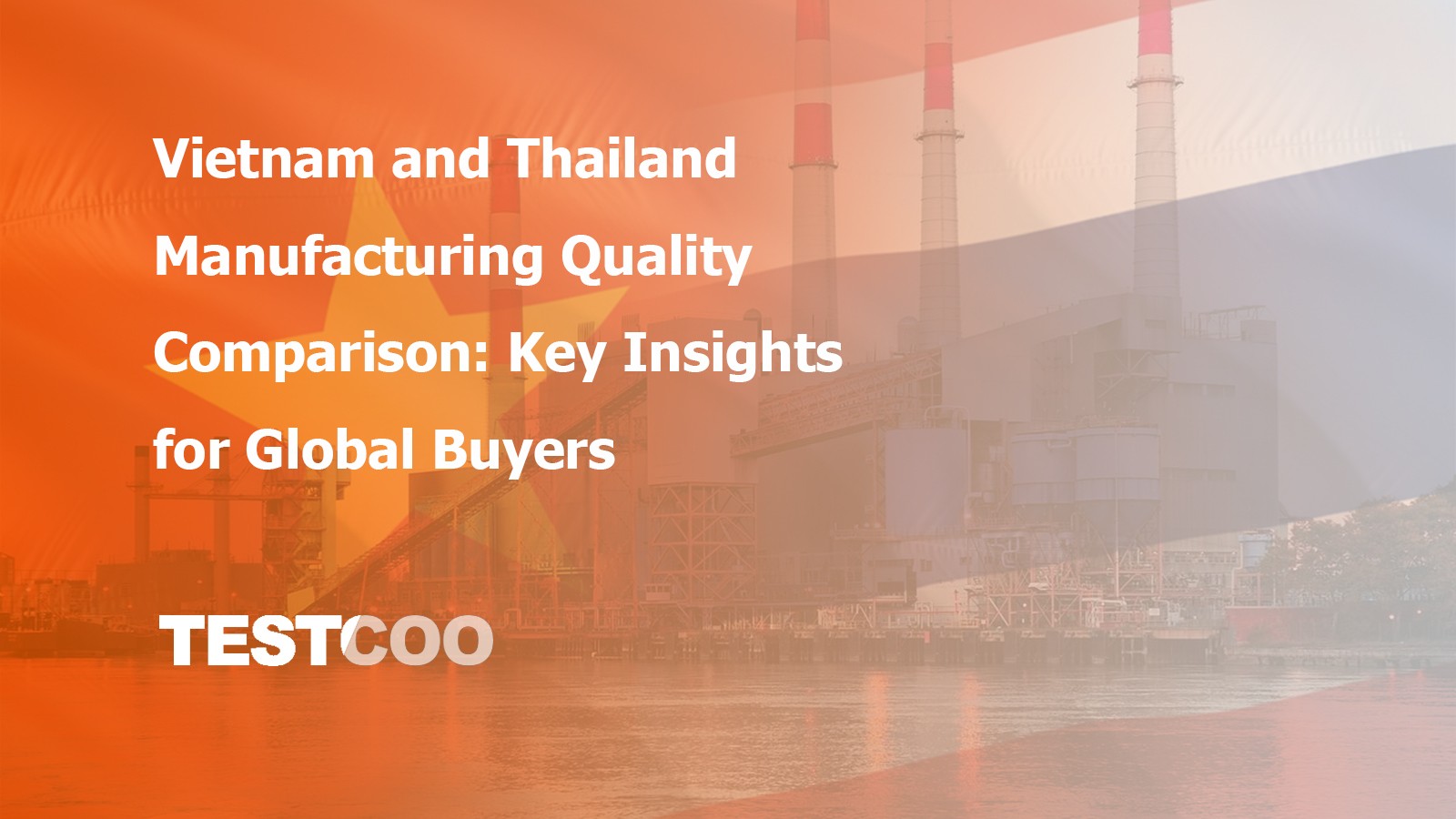Supply Chain Assessment: Why Should You Care About Social Compliance Policy?
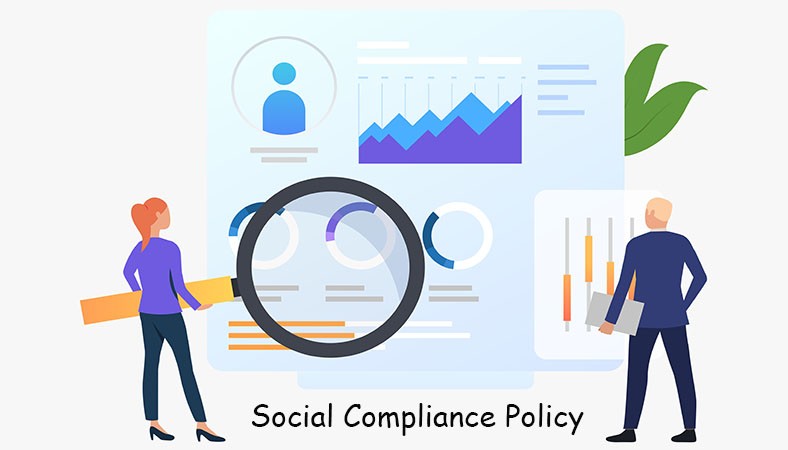
Evidence of abusive or illegal treatment within your supply chain can damage your company's brand. Likewise, showing concern for supplier sustainability can raise your corporate reputation and polish your brand.
In the best-case scenario, profits rise as consumers prefer to deal with socially responsible companies. Some brands that have begun with a sustainable outlook have done consistently well. Other legacy companies have assumed a social compliance mentality and even produced sustainable consumer products, which the public buys and leave investors more impressed.
Social compliance is one of the most important criteria of supply chain competency assessment and one of the top challenges that supply chain should focus on. Usually a supply chain conducts the social compliance policy as following:
10 Main components of social compliance policy
1. Ethical Labor Standards
The company expects its suppliers to comply with contract provisions, legal requirements, and standards of their industry under local, regional and national laws and regulations of the countries, which include treating employers with dignity, offering a safe work environment for employers and allowing employers to leave employment freely, etc. Also, any kind of corruption, fraud, embezzlement or bribery are not tolerated in supply chains.
2. No Force Labor
The working principles in the supplies are based on volunteerism and suppliers respect the rights of employees to decide to work or not. If an employee quits the job, the company should not prevent or delay it, except for any security reasons. All information of the employee should be protected and kept confidential to the extent specified by law.
3. No Child Labor
No child labor is acceptable in any business activities. Workers of the suppliers must be at least age 16 (or the mandatory age allowed by the law of the country of manufacture) or the age at which compulsory schooling has ended, whichever is greater. In situations involving hazardous working conditions, workers should be at least 18 years of age.
4. No Discrimination
Employees and their contributions should be valued. The suppliers stand against discrimination and ensure equal opportunity. A company or a factory is an institution free from discrimination or physical or verbal abuse on the basis of race, gender, colour, nationality, social origin, religion, age, disability, political opinion, or any value status protected by applicable law.
5. Working Hours & Wages
The working hours should nor exceed applicable laws or industry standards. If the employee works overtime, the supplier must compensate the overtime hours. Also the supplier must give its employees competitive wages based on the local labour market. All practices are carried out in full compliance with applicable laws and employment contracts regarding wages, working hours, overtime, and benefits. Employees have the opportunities to develop their skills and capacities and support these efforts by providing opportunities for promotion whenever possible.
6. Recruitment and Employment
Through determining the vacant positions needed by the business, employment is carried out by the company management in accordance with the laws and within the framework of certain rules (egalitarian approach, leave, wage, holiday, employment contract, etc.).
7. Employing Foreign Workers
Employment contracts for foreign nationals employees in accordance with the laws in the enterprise are written in a language they can understand. All personnel procedures, from employment to termination, are carried out in accordance with applicable legal regulations. In no case can the worker be worked on debt. The company protects the legal rights of foreign employees on working and does not employ illegal workers.
8. Health and Safety
The supplier should offer a safe and healthy workplace environment and minimize the risk of their employees being exposed to accidents, injuries, and all kinds of factors that threaten health. In the company, care is taken to provide a workplace environment free of violence, harassment, threats, abuse, and disturbing conditions. All occupational health and safety rules regulated by the legal legislation are applied in the enterprise.
9. Environmental Practices
Suppliers must adhere to all applicable environmental laws and standards regarding protection and preservation of the environment in their country.
10. Fire Safety
Fire safety takes an important role in environment safety. Every year there are many accidents related to fire, especially in factories producing electric and electrical products.A compliance checklist regarding fire safety are listed below:
Sufficient fire extinguisher
Fire extinguisher all in good condition
Fire extinguisher location list
Fire Extinguisher Service Checklist
Fire Extinguisher Colour Background Marking
Evacuation Plan in all Floor / Area
Emergency Exit
Emergency Exit on Open
Emergency Exit Signage
Fire warning system and smoke alarms
Automatic fire detection
Fire drill
TESTCOO provides many kinds of social and ethical compliance audits not only in China and SE Asia countries such as Vietnam, Cambodia and Indonesia, but also in Americas like Brazil and Mexico. TESTCOO auditors help companies to assess the suppliers’ treatment of their employees, their environmental standards and their health and safety compliance. Contact TESTCOO for supply chain social compliance audits.
Here are some examples of social and ethical compliance audits:
-SA8000 Social Accountability 8000:2014 Standard
-BSCI Business Social Compliance Initiative
-SMETA/Sedex Sedex Members Ethical Trade Audit
-WRAP Worldwide Responsible Accredited Production
-FLA Fair Labour Association
Free Sample Report Performance Quality Control
Download a sample report to keep control of your supply chain!
Featured Articles
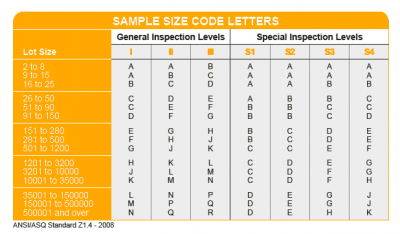 AQL Table | How to Read It
AQL Table | How to Read It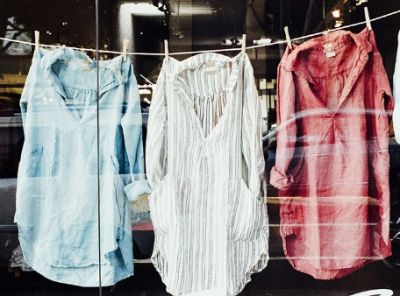 TOP 10 Common Defects in Garments Quality Inspection
TOP 10 Common Defects in Garments Quality Inspection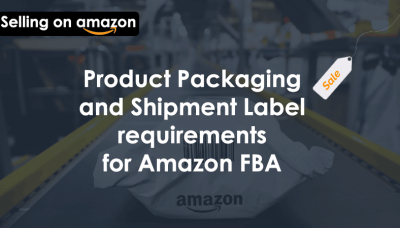 Product Packaging and Shipment Label requirements for Amazon FBA
Product Packaging and Shipment Label requirements for Amazon FBA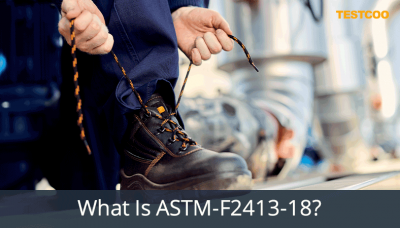 What Is ASTM-F2413-18? Protective Footwear Standard
What Is ASTM-F2413-18? Protective Footwear Standard How to Conduct Third-Party Quality Control Inspections for Electric Scooters
How to Conduct Third-Party Quality Control Inspections for Electric Scooters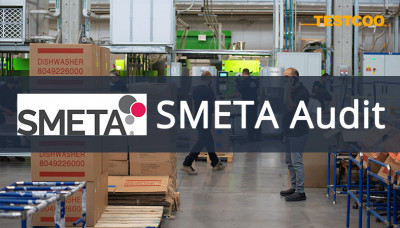 SMETA Audit-What is SMETA Audit?
SMETA Audit-What is SMETA Audit?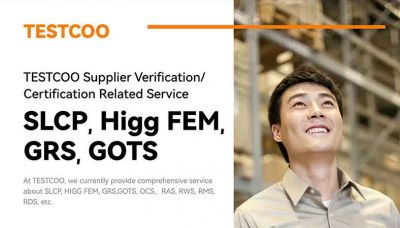 TESTCOO Supplier Verification/Certification Service SLCP, Higg FEM, GRS, GOTS
TESTCOO Supplier Verification/Certification Service SLCP, Higg FEM, GRS, GOTS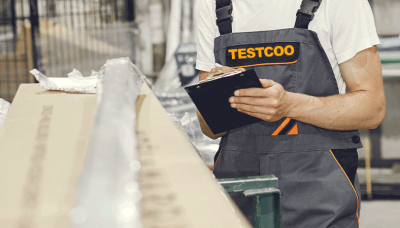 Quality Control Inspection Company in China
Quality Control Inspection Company in China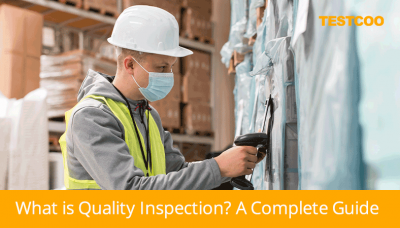 What is Quality Inspection? A Complete Guide
What is Quality Inspection? A Complete Guide Guidelines for Product Inspection in India
Guidelines for Product Inspection in India
Category
- Production Inspection Service
- Factory Audit
- Softline Inspection
- Hardline Inspection
- Electrics Inspection
- Certification
- Checklist
- Manufacturers
- Quality Assurance Basics
- Products Recall
- AQL
- Guidence and Standard
- News
- Supplier Management
- Amazon
- Protective Equipment
- e-commerce quality control
- Indian Manufacturing
- Soft Goods Quality Control
- Supply Chain Management
- Supply Chain Resilience
- E-Commerce Quality Control
- ISO 2859
- Supply Chain Optimization
- Garment Industry
- Higg Index
